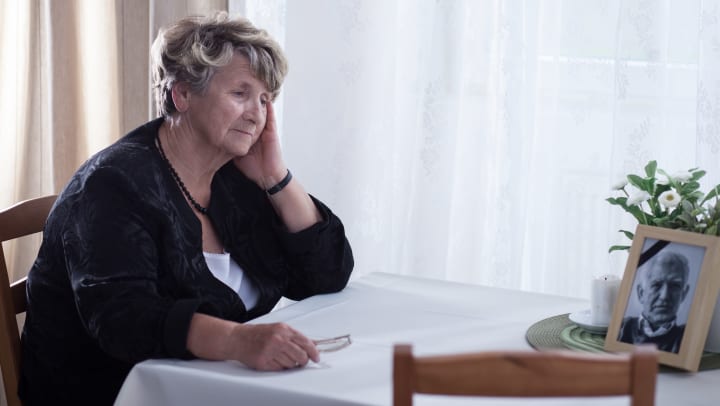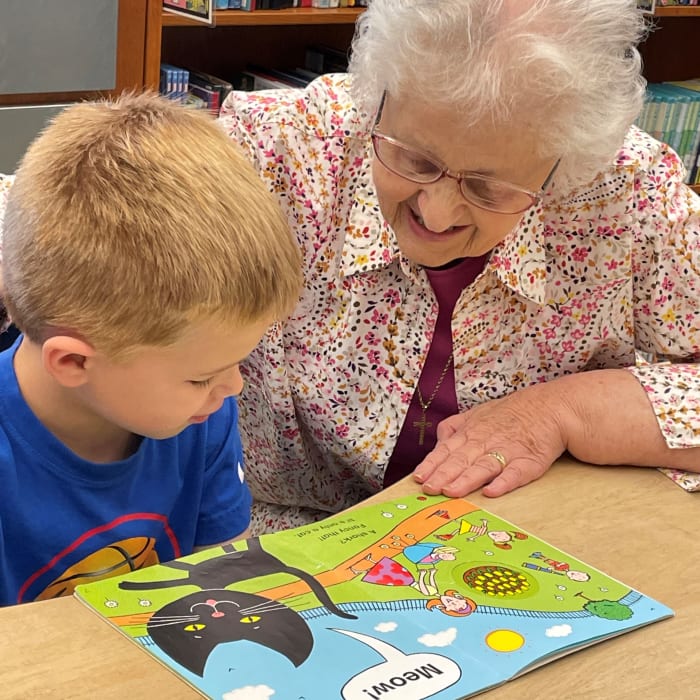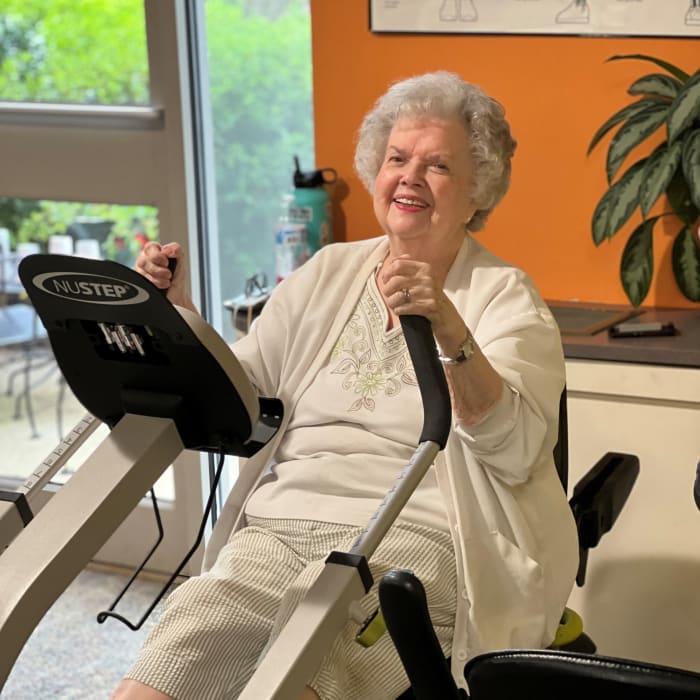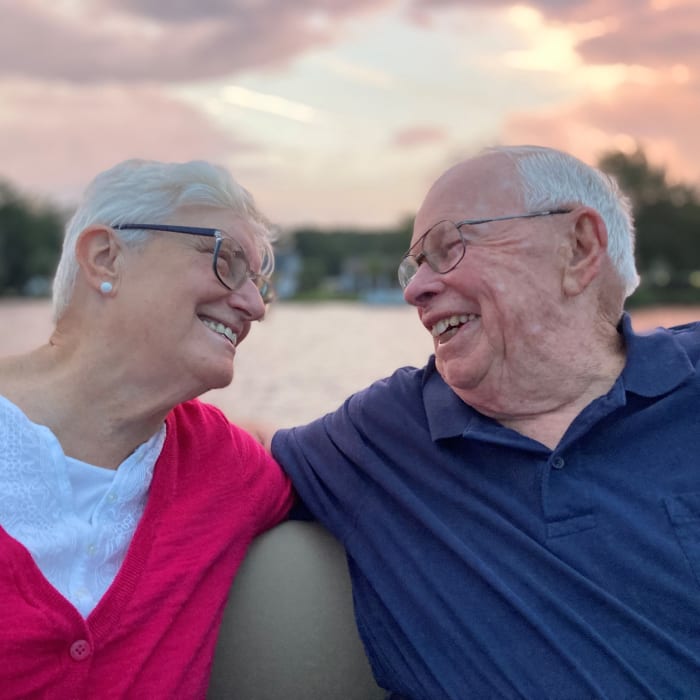How to keep going through grief
Everything changes when your partner dies. You may feel numb as you try to cope with the loss. It’s normal to feel like you’ve lost your sense of purpose in life. As you move through the phases of your grief, you might feel conflicted about when or how to move on. Keep in mind that grief happens on your own timeline, and putting your life back together takes time and hard work.
Grieving at your own pace
As you grieve the loss of a partner, you may experience a range of emotions that can pop up often during the early phase of grief (the first few months) and even years later, such as on your loved one’s birthday or the anniversary of their death.
Emotions you may feel during grief can include:
• Denial and emotional numbness
• Anger
• Guilt
• Sadness and depression
Facing the future without your partner can make you feel anxious or afraid. You may have crying spells, loss of appetite, difficulty concentrating, trouble sleeping and a hard time making decisions. You may isolate yourself from others, or you may want to discuss your situation openly. Everyone is different.
If you expected the death, such as if your loved one had a terminal illness, you may have gone through anticipatory grief before your loved one died. But that doesn't mean your grief after the death is less difficult, even if you feel some relief that your loved one is no longer suffering.
Building your support system
Grieving has been especially difficult during the pandemic when visiting loved ones and holding funeral services may be limited to prevent the spread of COVID-19. Spending more time at home by yourself or with limited social interaction can have an isolating effect that can hinder your grieving process.
Here are some ways to find support when you’re struggling through grief:
• Talk with family and friends. If they experienced a loss too, they likely share some of your feelings.
• Put your thoughts in writing. Journaling about your feelings or writing a love letter to the person you lost can help release feelings you have bottled up inside.
• Consider grief counseling or a support group. Your doctor, hospice program or faith group may have resources or virtual meetings for those going through grief.
• Take care of yourself. Although you may not feel like it at first, try to eat right, exercise and get back to doing things you enjoy.
Connecting you with support
If grief gets worse over time or interferes with your daily life, don’t be afraid to seek professional help. Talk to your doctor if you’re experiencing feelings of sadness or depression. Presbyterian Communities of South Carolina provides resources and support so you don’t feel alone in your grief. Learn more about our communities at www.prescommunities.org.






